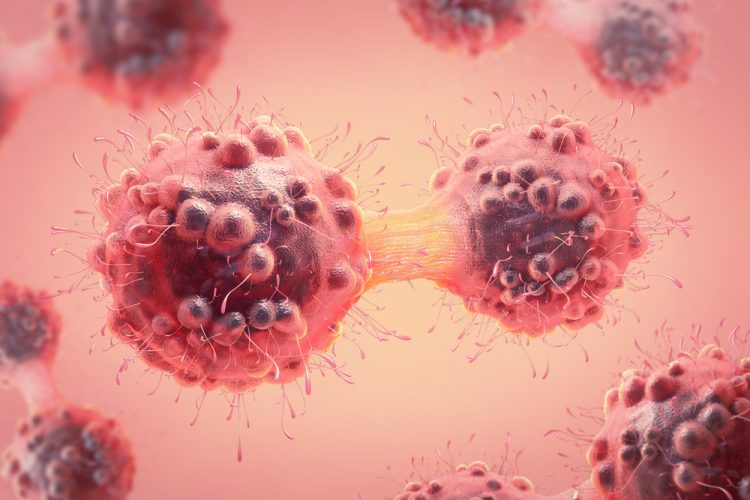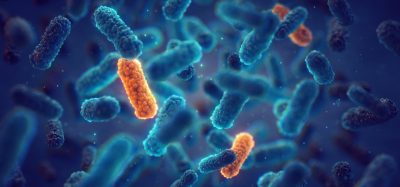Nanoscale “computer” a pivotal step for precision medicine
Posted: 16 November 2021 | Anna Begley (Drug Target Review) | No comments yet
The study paves the way for the construction of complex nanoscale computers for the prevention and treatment of cancer and other diseases.


A team at the Penn State College of Medicine, US, have produced a nanocomputing agent that can control the function of a particular protein that is involved in cell movement and cancer metastasis. The agent is a transistor-like ‘logic gate,’ a type of computational operation in which multiple inputs control an output.
NEWS: New AI technology could shape the future of RNA therapeutics
READ HERE
“Our logic gate is just the beginning of what you could call cellular computing, but it is a major milestone because it demonstrates the ability to embed conditional operations in a protein and control its function,” commented Professor Nikolay Dokholyan who led the study. “It will allow us to gain a deeper understanding of human biology and disease and introduces possibilities for the development of precision therapeutics.”
The team’s logic gate, detailed in Nature Communications, comprised two sensor domains designed to respond to two inputs — light and the drug rapamycin. The team targeted the protein focal adhesion kinase (FAK) because it is involved in cell adhesion and movement, which are initial steps in the development of metastatic cancer.
“First, we introduced a rapamycin-sensitive domain, called uniRapr, which the lab had previously designed and studied, into the gene that encodes FAK,” explained researcher Dr Yashavantha Vishweshwaraiah. “Next, we introduced the domain, LOV2, which is sensitive to light. Once we optimised both domains, we combined them into one final logic-gate design.”
The team inserted the modified gene into HeLa cancer cells and, using confocal microscopy, observed the cells in vitro. They studied the effects of each of the inputs separately, as well as the combined effects of the inputs, on the cells’ behaviour.
They discovered that not only could they rapidly activate FAK using light and rapamycin, but also that this activation resulted in the cells undergoing internal changes that enhanced their adhesive capabilities which decreased their motility.
NEWS: Machine learning models predict antibiotic resistance spread
READ HERE
“We show for the first time that we can build a functioning nanocomputing agent within living cells that can control cell behaviour,” concluded Vishweshwaraiah. “We also discovered some interesting features of the FAK protein, such as the changes it triggers in cells when it is activated.” Dokholyan added that the team hopes to eventually test these nanocomputing agents in vivo within living organisms.
Related topics
Cell-based assays, Drug Targets, Genomics, In Vitro, Informatics, Microscopy, Nanotechnology, Oncology, Protein
Related organisations
Penn State College of Medicine
Related people
Dr Yashavantha Vishweshwaraiah, Professor Nikolay Dokholyan








